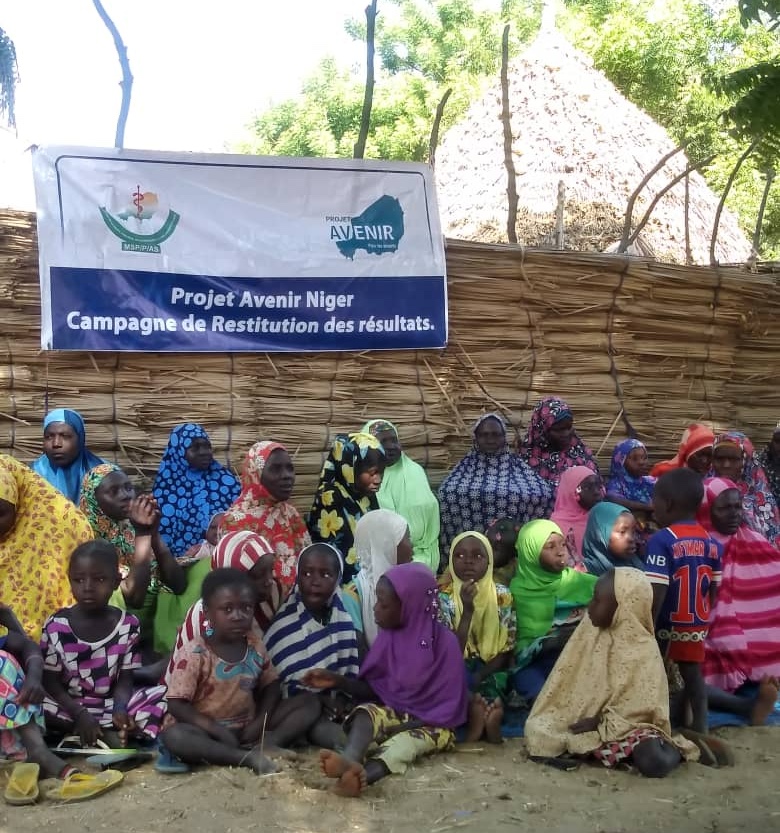
Azithromycin for child survival
The REACH Niger team has published the findings of a major study that show azithromycin is highly effective in reducing child mortality.
Writing in the prestigious New England Journal of Medicine, the AVENIR study group demonstrate that distributing azithromycin twice a year to children aged 1 to 59 months significantly reduced mortality and that including older children in treatment was more effective than targeting infants aged 1 to 11 months only.
Communities receiving azithromycin had lower child mortality rates, in children aged 1 to 59 months, than communities who received placebo.
Mortality rates were 17% lower when older children also received azithromycin, compared to groups where only the younger 1-11-month-old cohort received active treatment.
A milestone study
Following on from the same research team’s pioneering MORDOR study findings, which contributed to the formation of the REACH programme, the AVENIR study is a milestone for REACH and all those working on REACH-sponsored studies and interventions.
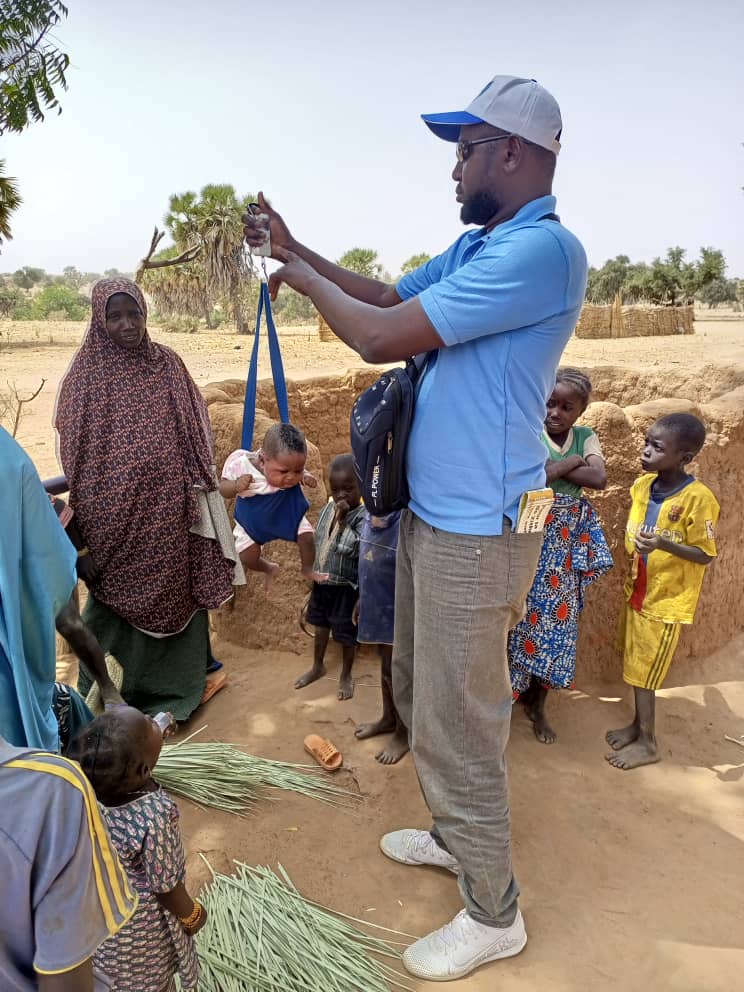
The AVENIR results may also be excellent news for national health systems and public health interventions looking to reduce high child mortality rates.
In many parts of sub-Saharan Africa, the percentage of children who do not make it to five years old can often be as high as 10%.
This alarming statistic is the subject of a United Nations Sustainable Development Goal, SDG 3.2, which aims to reduce that percentage to below 2.5% by 2030.
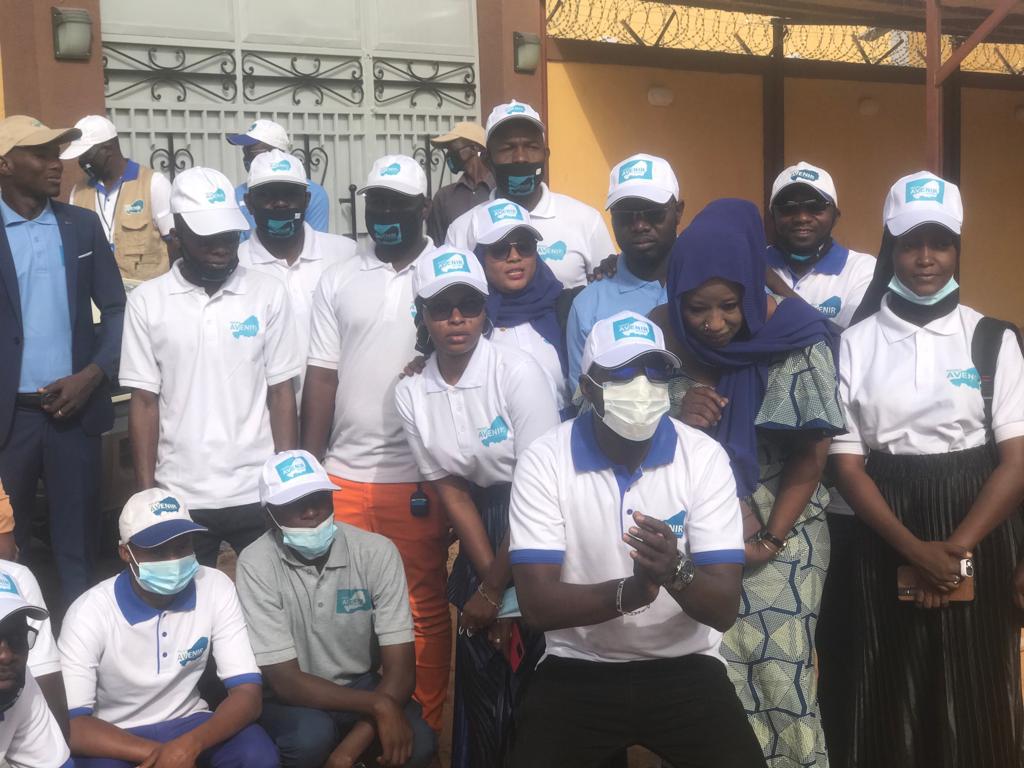
A generalisable, equitable, cost-effective intervention
The evidence generated and analysed by the REACH Niger study team gives further weight to the hypothesis that mass administration of azithromycin to children aged 1-59 months can play a major role in helping the global health community achieve SDG 3.2.
Mass administration of azithromycin is a cost-effective and equitable intervention, and the REACH Network of researchers and public health officials is currently exploring ways in which this intervention may be generalised, so that it can be rolled out to all high-mortality settings in sub-Saharan Africa where the benefits of azithromycin are likely to be most keenly felt.
Proven to save young lives
Speaking upon publication of their results, AVENIR study co-principal investigator (PI), Professor Tom Lietman of the University of Cailfornia, San Francisco, said:
“We are entering the 10th year of REACH interventions in Niger, starting with MORDOR, then AVENIR, and now AVENIR II. Our team is excited that this intervention has again proven to save the lives of Nigerien children.”

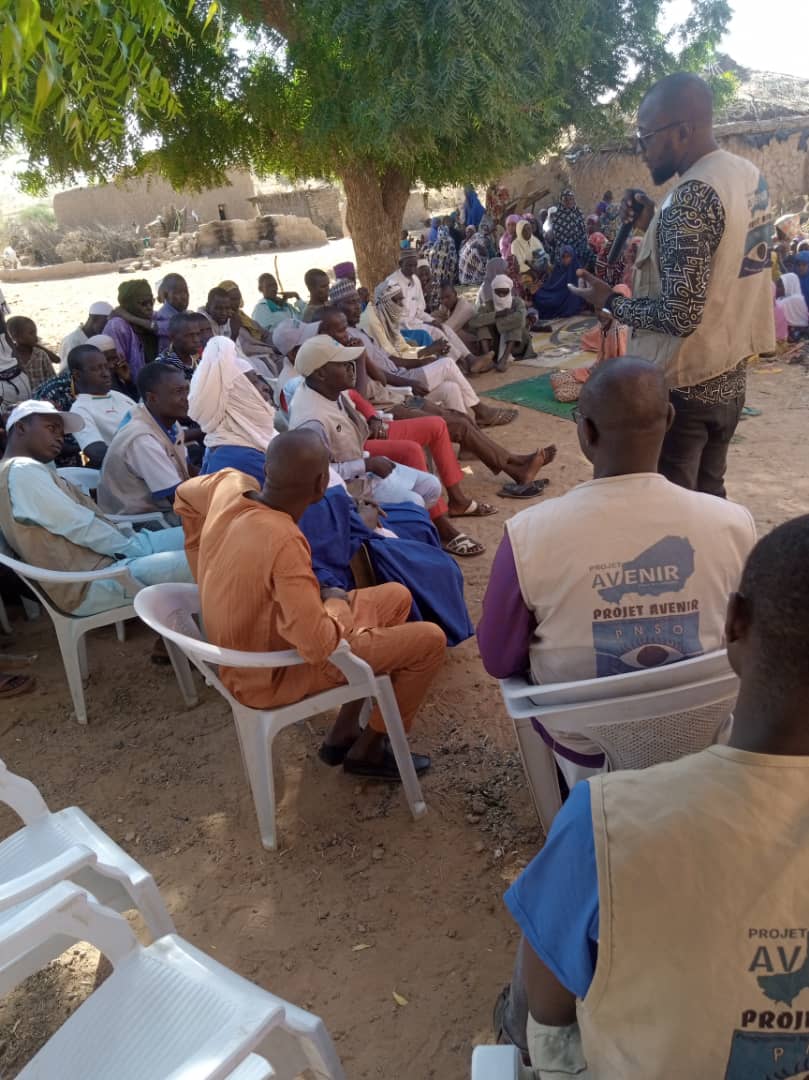
Dr Ahmed Arzika, AVENIR project coordinator, said:
“We are proud of our results and of all our AVENIR teams, who work incredibly hard to get to rural communities and to make sure that as many children as possible are able to receive this vital health intervention. The AVENIR intervention is particularly beneficial – and equitable – because its door-to-door delivery can potentially reach all children, including those who live a long distance from the nearest health facility.”
Nationwide expansion through AVENIR II
The AVENIR study is now building on its success and scaling-up operations for the distribution of azithromycin for child survival throughout Niger.
This scale-up programme, known as AVENIR II, is intended to progressively cover all regions in the country in the coming years (with the exception of the urban, capital city district of Niamey).
AVENIR II will continue monitoring mortality and antimicrobial resistance (AMR) and is designed as an adaptive platform trial. Thorough monitoring and re-randomization every two years will ensure that AVENIR II remains primed to fulfil its mission, ethically and responsibly, on behalf of children in communities throughout Niger.
“All studies of azithromycin in Niger, starting with MORDOR and now AVENIR I, have shown us the benefits of mass distribution of this antibiotic to children in our country, which has a high infant mortality rate. We now hope that widespread distribution (AVENIR II) will be of great benefit to all our children, and that it may even improve the life expectancy of our population.”
Professor Amza Abdou of the National Eye Health Programme (PNOS) in Niger
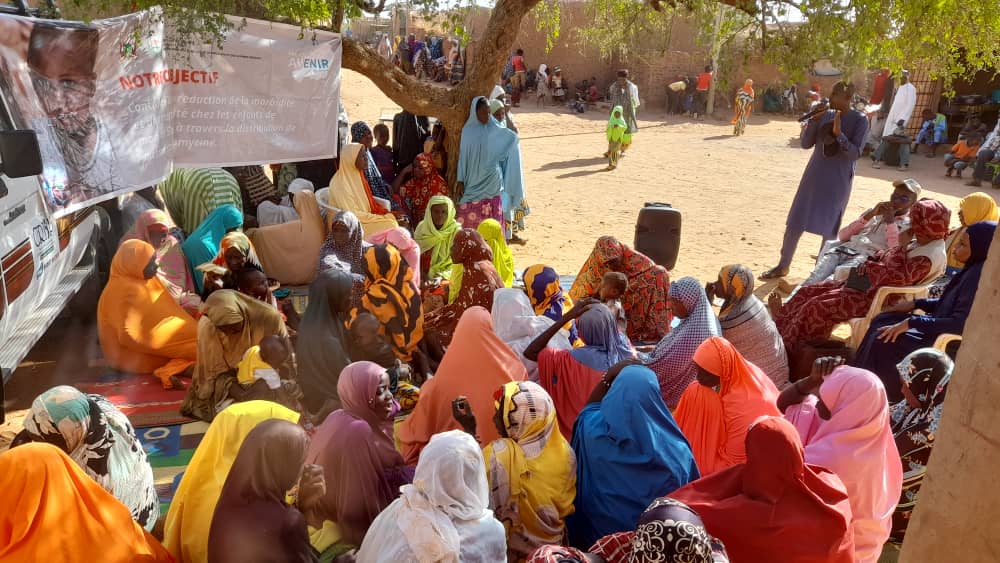
Further details about these AVENIR study results can be found in the “plain English” summary published by the New England Journal of Medicine, below.
You can read the AVENIR team’s paper, “Azithromycin to Reduce Mortality—An Adaptive Cluster-Randomized Trial”, in the New England Journal of Medicine online.
Having reached 382,586 children in rural communities in Niger, the REACH Network extends its congratulations and thanks to the entire AVENIR I study group: to the researchers and analysts, and to the hundreds of community health workers whose tireless work and commitment made the study possible.
 Loading…
Loading…